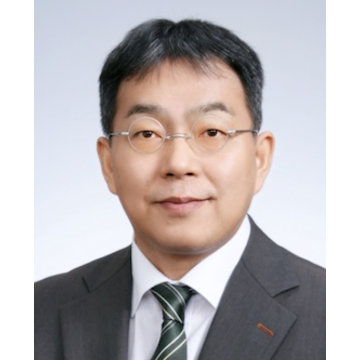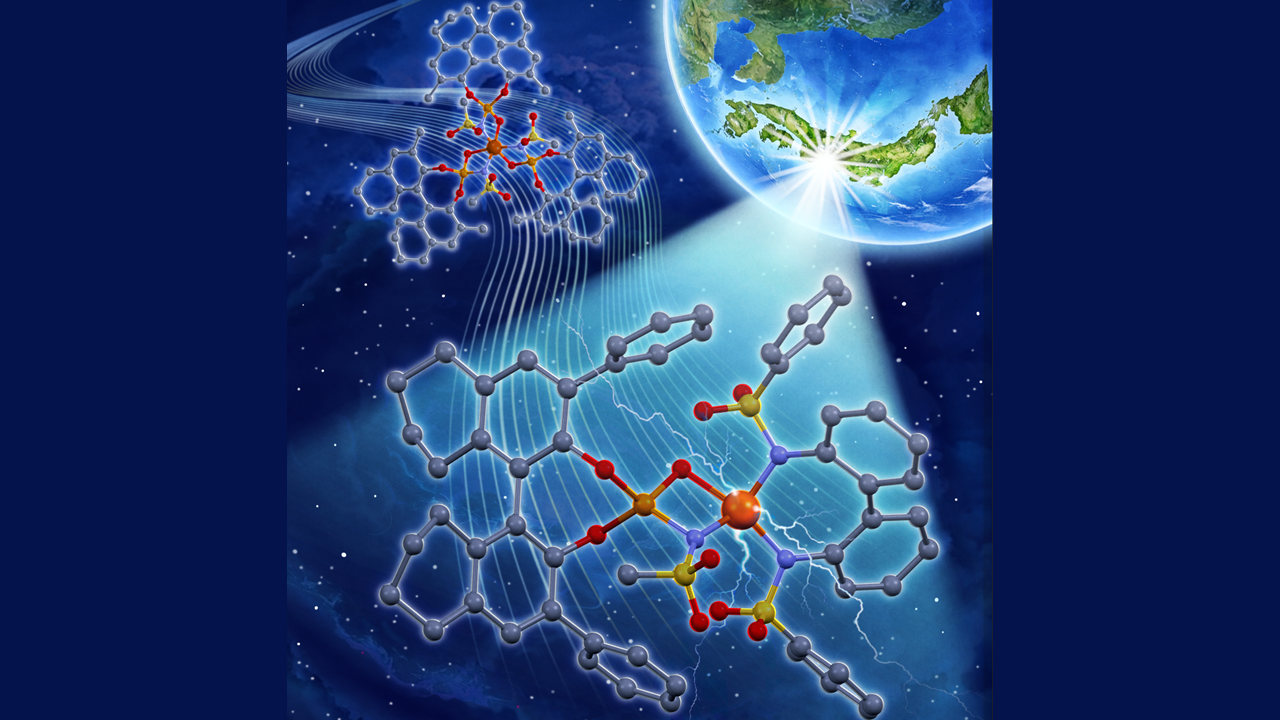News & Events
News
Category
Events


Researcher
-
UMEMURA AyakoNagoya University Museum
-
 ISHIHARA KazuakiGraduate School of Engineering, Molecular and Macromolecular Chemistry, 1
ISHIHARA KazuakiGraduate School of Engineering, Molecular and Macromolecular Chemistry, 1 -
OHMURA ShuheiGraduate School of Engineering, Molecular and Macromolecular Chemistry, 1
-
HAMAGUCHI TomonariAcademic Research & Industry-Academia-Government Collaboration
-
ITO MikakoGraduate School of Medicine, Center for Neurological Diseases and Cance, Division
-
 KAWASHIMA HirokiGraduate School of Medicine, Program in Integrated Medicine, Internal Medicine
KAWASHIMA HirokiGraduate School of Medicine, Program in Integrated Medicine, Internal Medicine
Jobs
|
Type |
Posted |
Deadline |
Organization |
Title |
|---|---|---|---|---|
|
Faculty (Professor) |
2026/02/25 |
2026/04/30 |
Institute for Space-Earth Environmental Research |
Professor, Division for Cosmic-ray Research, Institute for Space-Earth Environmental Research |
|
Faculty (Professor) |
2026/02/24 |
2026/03/31 |
Information Technology Center |
Professor, Data Science Research Division, Information Technology Center |
|
Faculty (Lecturer) |
2026/02/20 |
2026/03/18 |
Graduate School of Economics |
Lecturer (Global 30 International Programs), Graduate School of Economics |
|
Faculty (Assistant Professor) |
2026/02/13 |
2026/04/30 |
Graduate School of Science |
Assistant Professor, Department of Physics, Graduate School of Science |
|
Faculty (Assistant Professor) |
2026/02/10 |
2026/03/10 |
Graduate School of Science |
Assistant Professor (Organic Chemistry), Graduate School of Science |
|
Faculty (Designated Assistant Professor) |
2026/01/30 |
2026/02/27 |
Institute for Glyco-core Research |
Designated Assistant Professor (Cohort research management), Institute for Glyco-core Research (iGCORE) |
We use cookies
By clicking "Accept Cookies," you agree to the use of cookies to improve your user experience, optimize the site, produce statistics, and interact with social networks.
Our Site Policy












